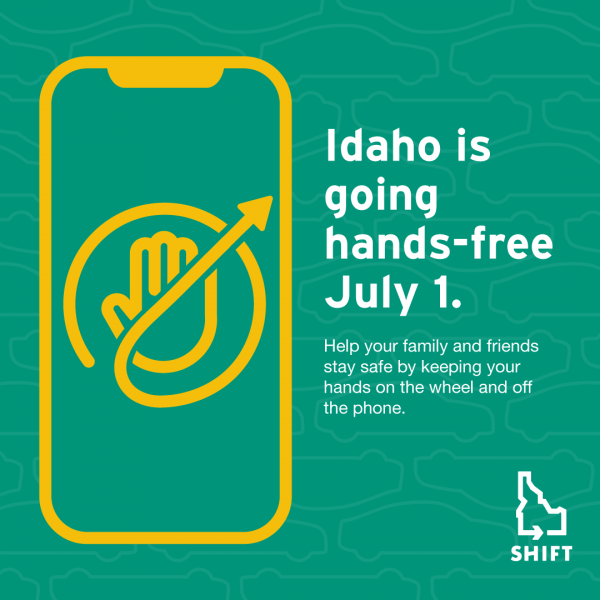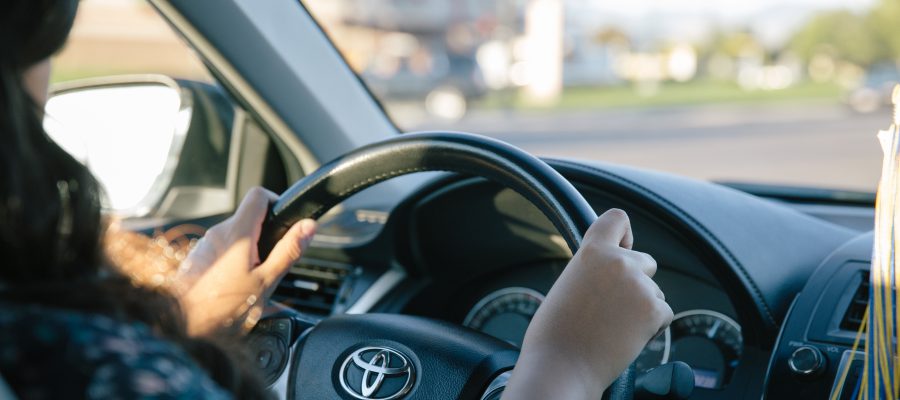
Idaho is about to become the latest state to have a hands-free driving law on the books. Earlier this year the Idaho legislature passed House Bill 614 banning the use of handheld electronic devices while operating a motor vehicle. The new law takes effect on July 1.
Distracted driving is a contributing factor in about one out of every five crashes in Idaho. Between 2014 and 2018, there were 241 people killed in distracted driving crashes across the state with hundreds more seriously injured.
While most of us choose to drive engaged by putting away distractions and focusing on the road – the new law may be a timely reminder for others to drive well.
Here are some answers to questions you might have about Idaho’s newest traffic safety law:
We already have a distracted driving law, so how is this new law different?
In 2012, the legislature passed a law that prohibited texting — this statute will be repealed once the new law becomes effective. The old law focused on the act of texting and driving and did not provide provisions for other uses of phones like using social media, watching or capturing videos, or playing video games. The new law accounts for many of the additional ways we use electronic devices.
Another notable change in the law is its definition of operating a motor vehicle. For the former texting and driving law to be enforced, it required the driver to be texting while driving a vehicle in motion. The new law applies when you drive or have physical control of a motor vehicle in a travel lane on a public roadway – even if you are temporarily stopped at a stop sign or a traffic signal. Keep in mind, if you are parked out of the travel lane, you can use your phone.
Under the new law, use of a handheld electronic device becomes a moving violation and carries a progressive fine for multiple violations within a three year period.
My city already has a hands-free ordinance, do I need to keep that in mind?
Once the law takes effect, it will preempt all local ordinances in relation to hands-free driving. In other words, the expectation statewide is that we put our phones away while we drive.
Will drivers get a chance to get used to the new law?
One of the provisions of the new law is that people won’t receive citations for violations in the first six months in order to educate the public about the new law. But just because law enforcement officers aren’t issuing citations doesn’t mean they aren’t enforcing the law. You can still be stopped by officers is they see you driving with a handheld device.
There are a lot of other distractions, so why are we only focusing on the phone?
Distracted driving happens when you participate in any activity that takes your attention away from the act of driving. Anyone who drives can tell attest to the fact that there is a nearly endless list of possible distractions.
No matter the distraction, it falls into one of three categories: manual, visual, or cognitive. When you use a phone or other handheld electronic device you are participating in all three types of distractions at once. Putting the phone away eliminates two of these three types of distractions and put you in a position to be better prepared to anticipate and react to the road.

